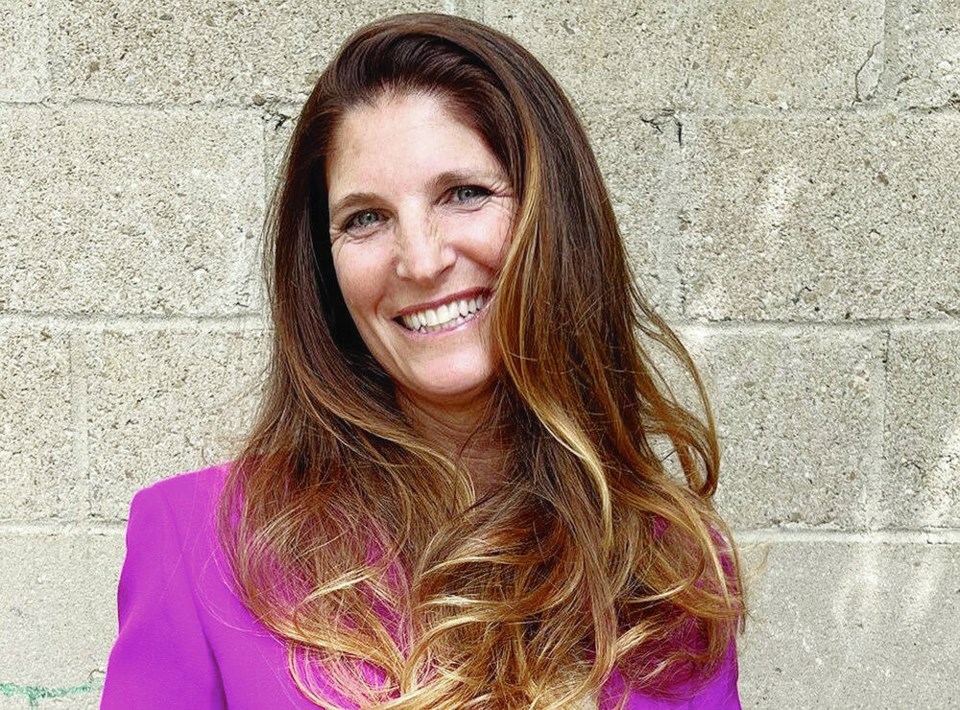Dear Lisi: My daughter and I were so close until she turned 18. She suffered an anxiety attack at that time, which later transformed into depression. She has been on meds for depression and anxiety ever since. Our relationship gradually took a turn for the worse over the years. She is now 31 and the mother of a four-year-old.
She keeps my grandson away from me when she is upset with me. The last episode lasted about six weeks. Sadly, but in truth, that was the most peaceful six weeks I’ve had in a long time.
It takes very little to get her very angry. I am so scared talking to her. When the phone rings, I have no clue whether it’s going to be another ranting. She once threatened to hit me even though I think she was just overwhelmed and didn’t mean it. Her therapist listens to her side only and makes us, her parents, look like the bad guys.
We love our daughter so much. We can never be happy unless she is feeling well. She insists I get counselling because I am the “wrong” one who causes her outbursts. I am at my wit’s end because I don’t have a clue what I or my husband are doing wrong.
Please help!
Defeated
I am so sorry to hear of your situation. Mental health affects everyone, not just the person suffering – and your daughter is clearly suffering.
There are many issues to unpack here; let’s talk about your grandson first. Perhaps her therapist can agree that no matter what is happening between you two at the time, you get to spend one day a week with your grandson. And maybe you can create a “contract” regarding such.
However, from your description, I don’t think her therapist is helping by ONLY taking her side. Most therapists try not to simply appease their client. But I assume you are only hearing what the therapist thinks from your daughter, since, as an adult, her sessions are confidential. Unless you are seeing the therapist together, as a family.
I would suggest that you (and your husband) speak to a counsellor yourselves to help you see what you’re (maybe) doing wrong, how you could get your message across in other ways, and how to deal with someone who suffers from depression and anxiety.
It’s important for you to learn tools on how to best talk to your daughter — and how to react to her outbursts and behaviours.
Dear Lisi: I went to the movies with a friend last night and was surprised at her movie manners. She whispered to me loudly throughout, even though I shushed her several times. She opened a package of very crunchy chips and seemed to eat them only during the dialogue, making it hard for those of us around her to concentrate and hear what was being said.
Her phone rang once, which she quickly turned off, but then it vibrated loudly several times throughout the show, and she would then start texting whoever had reached out to her. She also left to use the washroom in the middle, and as we were seated a few seats in, she blocked several peoples’ view on the way out and in.
How could she be so inappropriate?
Movie Madness
I’m not excusing her behaviour, but perhaps she hasn’t been to the movies in a few years. Remember, theatres were shut down for quite some time during the height of COVID-19, and many people have taken their time returning. I would just not invite her again, and if she invites you, explain how she needs to behave, for everyone’s enjoyment.
FEEDBACK Regarding the concerned parent (Oct. 22):
Reader – “How times change! In my youth, it was entirely appropriate for teenagers to date widely rather than immediately becoming exclusive. If you were popular and gregarious, you might go out with one person on Friday night and another on Saturday — with no harm to your reputation. You were supposed to ‘play the field’ as a first slow step toward eventually finding the right person for you.
“Of course, in those days, dating meant going to a dance or a movie, with even a first-date kiss being questionable. And many parents would have been more concerned about their teens ‘going steady’ or being ‘pinned’ too early in their dating lives, indeed, often forbade it.
“Today, dating seems to mean foreplay on the first outing, consummation on the second and often, an unwarranted sense of ownership. Fast food, fast cars, fast ventures into playing at sexual maturity — speed isn’t always necessary or healthy.”
Lisi Tesher is an advice columnist for the Star based in Toronto. Send your relationship questions via email: [email protected].



